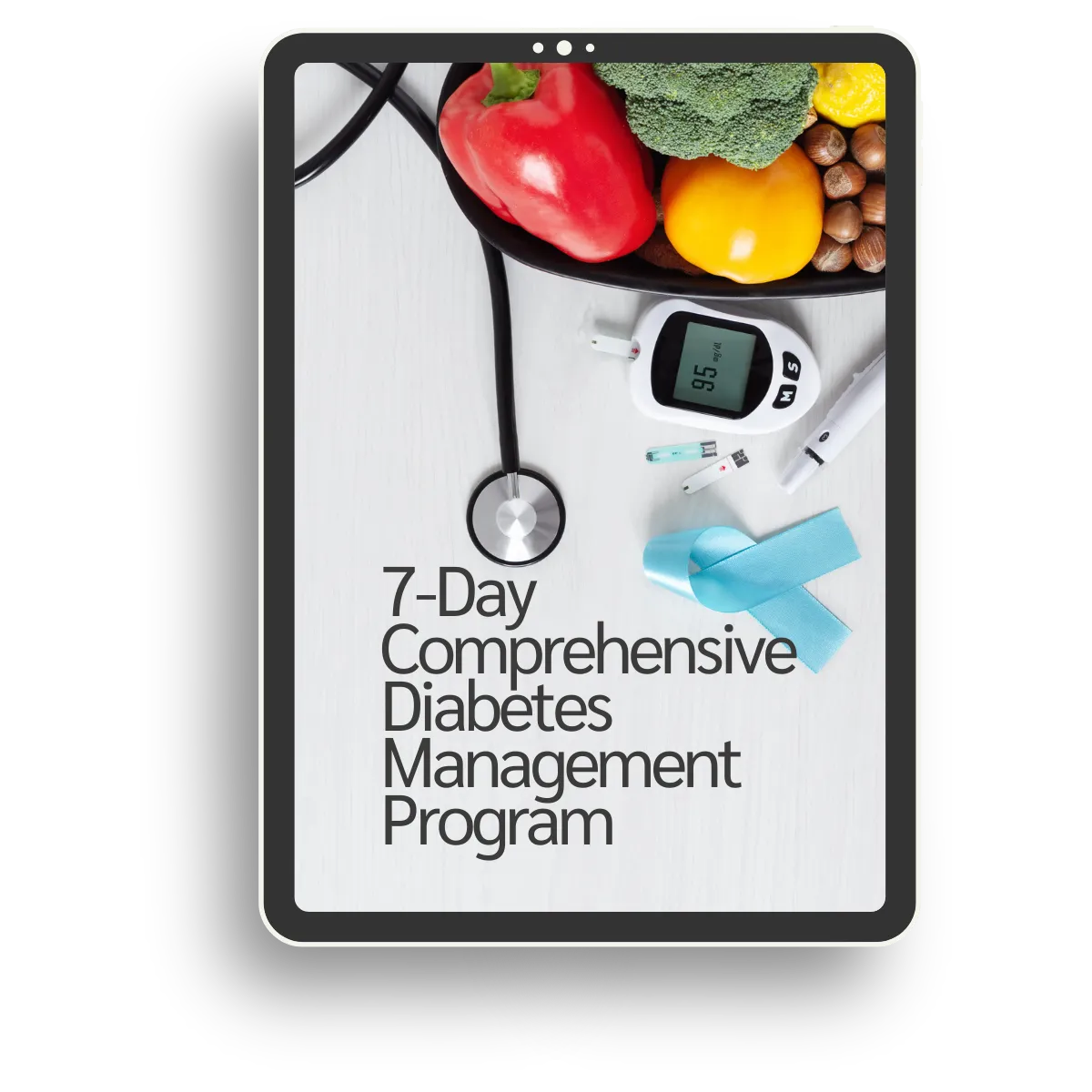Tired of your pick me up letting you down? Overcoming the Afternoon Dip: Mastering Post-Meal Fatigue for Elevated Performance

Amidst the hustle of the morning, brimming with tasks and commitments, lunch often stands as a midday revitalizer. Nevertheless, the familiar post-lunch slump can cast a shadow, leaving you yearning for a desk-side siesta. Enter the realm of "food comas," scientifically labeled postprandial somnolence. Today we will unravel the reasons behind this phenomenon and guide you in reshaping your routines to conquer the slump and propel your productivity to greater heights.
Decoding the Physiology:
The fatigue that follows meals, particularly lunch, is a natural physiological response known as postprandial somnolence. When you consume food, a substantial portion of blood flows toward the digestive organs to facilitate effective food processing. Furthermore, an elevation in serotonin levels, a neurotransmitter influencing sleep and mood, might ensue. High blood sugar levels also lead to feelings of tiredness. When we consume food, especially those rich in carbohydrates, our body breaks down these carbohydrates into glucose (sugar), which can serve as a primary source of energy for our cells. The glucose enters our bloodstream, and the body releases insulin, a hormone produced by the pancreas, to help regulate the amount of glucose in the bloodstream and facilitate its entry into cells.
However, when we consume an excessive amount of carbohydrates, especially those that are quickly absorbed (such as sugary foods and refined carbohydrates), the body responds by releasing an excess of insulin to deal with the elevated glucose levels. This can cause a rapid drop in blood sugar levels shortly after the meal, leading to a condition known as reactive hypoglycemia.
Reactive hypoglycemia is characterized by a sharp decline in blood sugar levels, which can result in feelings of fatigue, weakness, shakiness, and even dizziness. This phenomenon occurs because the body's response to the initial spike in blood sugar is an overcorrection, causing blood sugar levels to plummet below the normal range. This sudden drop in blood sugar can leave you feeling drained and tired, often referred to as the "sugar crash."
Hyperglycemia can have various adverse effects on the body, one of which is contributing to fatigue. When blood sugar remains high, cells are unable to effectively access the glucose they need for energy. Additionally, the body may try to eliminate excess glucose through increased urine production, leading to dehydration, which can also contribute to feelings of tiredness.
In essence, the rollercoaster of high blood sugar followed by a rapid drop in blood sugar can lead to fatigue and energy crashes. Maintaining stable blood sugar levels through a balanced diet that includes complex carbohydrates, fiber, healthy fats, and proteins can help prevent these fluctuations and provide sustained energy throughout the day. This is one of the principles emphasized in the low-carb, healthy-fat approach, where the focus is on choosing foods that have a minimal impact on blood sugar levels, promoting sustained energy and overall well-being.
Unveiling the Catalysts of Fatigue
Numerous factors contribute to post-meal fatigue, and understanding these facets empowers its mitigation. A significant contributor is indulging in substantial meals, stemming from either excessive quantity or content. The consumption of foods abundant in added sugars or refined carbohydrates can lead to energy crashes, a consequence of their impact on blood sugar levels.
Peeling back the layers of post-meal fatigue reveals a web of intricate factors that contribute to this common phenomenon. Understanding the nuances of these elements empowers you to navigate and mitigate the effects of fatigue, unlocking a path to sustained energy and well-being. Among the prominent influencers, a standout contributor emerges from the nature of the meals we consume. Delving into the depths of this factor exposes a treasure trove of insights that can transform your relationship with food and your body.
Central to this exploration is the recognition of the two-fold impact of meal size—both excessive quantity and the composition of the contents. An essential realization is a tendency towards overindulgence, a behavior driven by external cues, emotional triggers, or a lack of mindfulness. Going beyond the body's satiety cues and consuming more than necessary places an additional burden on the digestive system. The intricate processes of breaking down and assimilating surplus nutrients divert energy resources, resulting in feelings of inertia and sluggishness.
Diving deeper, the quality of the foods we choose plays a pivotal role in post-meal fatigue. Opting for foods laden with refined sugars introduces a formidable challenge to the digestive process. These substances, commonly found in processed and fast foods, create an arduous task for the body's metabolic machinery. The effort required to process trans fats and refined sugars can overwhelm the system, diverting energy from other bodily functions and leaving you fatigued.
Within this landscape, the profound impact of added sugars and refined carbohydrates comes to the forefront. These dietary culprits are notorious for their ability to trigger rapid spikes in blood sugar levels. The body responds by releasing a surge of insulin to manage the influx of glucose. However, this heightened response is often followed by a drastic drop in blood sugar, a phenomenon known as the "crash." This rollercoaster effect, characterized by fluctuating blood sugar levels, results in a sudden and unmistakable energy slump.
By delving into the intricacies of these triggers, you gain an arsenal of knowledge to guide your nutritional choices. The pathway to sustained vitality involves embracing portions that align with your body's needs, acknowledging satiety cues, and fostering a mindful relationship with food. Opting for nutrient-dense options abundant in wholesome fats, proteins, and complex carbohydrates helps circumvent the pitfalls of overindulgence and excessive sugars. This mindful approach not only fuels your body effectively but also nurtures a sustained sense of vigor, enabling you to rise above post-meal fatigue and experience life with renewed vitality.
Revitalizing Energy and Vitality
To combat the midday slump and foster overall well-being, consider these strategies with a low-carb, healthy-fat perspective:
-
Mindful Consumption: Adjust your pace of eating and heed the signals of satiety your body offers. Overeating, even within a low-carb framework, can contribute to weariness. Relish your meal and cease when comfortably satisfied.
-
Nutrient Harmony: Opt for meals rich in quality proteins, wholesome fats, and nutrient-dense vegetables. This synergy provides sustained energy and circumvents abrupt blood sugar fluctuations, a hallmark of low-carb, healthy-fat principles.
-
Sustained Hydration: Maintain consistent hydration throughout the day, as it aids in combating feelings of fatigue.
-
Mindful Intervals: Following meals, embark on brief strolls to rejuvenate both circulation and mental alertness, aligning with a holistic approach to wellness.
-
Prioritize Restorative Sleep: Garner adequate, restorative sleep each night to preserve the delicate balance of hormones governing appetite and energy, a cornerstone of the low-carb, healthy-fat philosophy.
-
Glucose Monitoring: Should persistent post-meal fatigue persist, seek counsel from healthcare professionals to explore potential imbalances in blood sugar levels, integral to a low-carb approach.
By embracing the fusion of low-carb, healthy fats, and mindful practices, you can triumph over post-meal fatigue. This journey entails aligning nourishment with your body's rhythms, leading to renewed vitality and zeal, propelling you through the remainder of the day with resilience and unwavering focus.
We appreciate your engagement and value your input. Feel free to share your thoughts by replying or commenting below. You can also reach out to us via email at diabetesrevolution.com to continue the conversation or leave a review to let us know which topics you would like to explore further. We are eager to connect with you and provide assistance if you're facing challenges with your diabetes management or if you simply want to learn more about how it functions. We encourage you to take advantage of our diabetes workshop and download our FREE guide, "The Simple 7-Day Plan to Help You Lose Weight Quickly, Get Healthy Fast, and Transform Your Life!" While it may not cover every aspect of leading your best life, this guide offers a proven 7-day plan that has delivered results for individuals like you. Visit diabetesrevolution.com to access the guide and start your transformative journey.
Facebook @thediabetesrevolution2020
Instagram @thediabetesrevolution2020
Twitter @TheDiabetesRev





